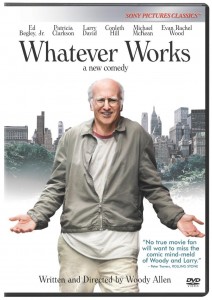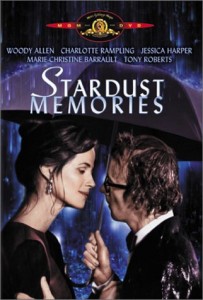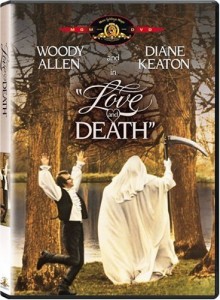 Whatever Works doesn’t.
Whatever Works doesn’t.
Not on any level.
Larry David (playing the anhedonic Woody Allen character this time around) is terrific casting – if you want a douche bag as a protagonist.
Here’s how the movie starts: A bunch of friends sitting around in New York talking. Boris is insulting them. Mercilessly.
After a few minutes, Boris starts talking to the audience, calling them (us) mouth breathers.
He gets up and walks away from his friends, still talking to the camera (“breaking the fourth wall”). He says:
Why would you want to hear my story? Do we know each other? Do we like each other? Let me tell you right off, ok… I’m not a likeable guy. Charm has never been a priority with me. And just so you know, this is not the feel-good movie of the year. So if you’re one of those idiots who needs to feel good, go get yourself a foot massage.
And there you have it. That sets the tone of the movie. He tells us from the get-go he’s not a likeable character. The movie proves that. Repeatedly.
He even warns us mouth breathers up front:
Boris: What the hell does it all mean any how? Nothing. Zero. Zilch. Nothing comes to anything.
Boris is right.
This isn’t the feel-good movie of the year.
And this movie, essentially, means Continue reading


